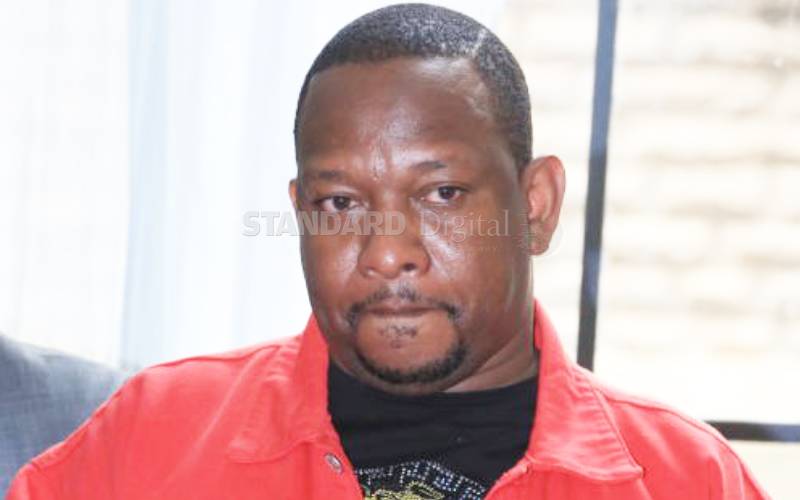×
The Standard e-Paper
Home To Bold Columnists

Nairobi Governor Mike Sonko.
Today's ruling upholding Justice Mumbi Ngugi's ruling that elected officers facing corruption charges cannot be allowed access to their offices deepens the leadership crisis in Nairobi, whose Governor Mike Sonko is facing similar charges and has not named a Deputy.